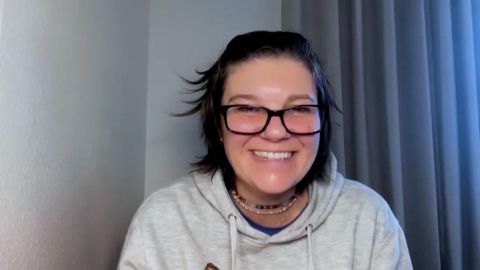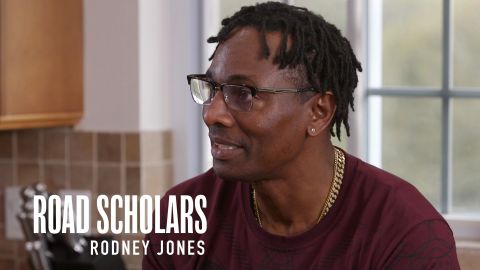Stakeholders and Advocates Discuss Solutions to Homelessness
From our Briana Vannozzi at NJTV News:
The situation goes like this: You’re earning wages below the poverty line. Statistically, you’re the one in four working poor residents spending more than 70 percent of your income on housing alone. And, it’s not hard to imagine ending up on the street.
“Under those conditions, you don’t need to make a huge mistake or have a big emergency flash over your life to get evicted,” said Matthew Desmond, sociology professor at Princeton University.
Desmond is a Pulitzer Prize-winning author and Princeton sociologist who spent years studying what he calls “America’s eviction epidemic.” In New Jersey, one in every six tenants experience an eviction. It’s the second most common cause for homelessness in the state.
“So, when we looked at the survey data and we asked what happens to families after they’re evicted. One thing we found is they move into much worse housing than they lived in before. So, if we want to know why some kids live with things like lead paint, exposed wires, no heat, no water, one reason is their families are forced to accept those kinds of conditions in the harried aftermath of an eviction,” he said.
“Folks who are experiencing eviction are more and more likely to fall down the ladder of attaining housing and the housing becomes less quality and their quality of life continues to descend because they can’t access the next rung on the economic ladder,” said Jay Everett of Monarch Housing Associates.
Desmond told an audience at Drew University on Thursday that most of the people he lived among and followed as they faced multiple displacements were working multiple jobs trying to support a family. As wages remain stagnant and housing costs rise, it’s part and parcel of the affordable housing crisis New Jersey knows well.
“I think the face of our eviction epidemic is moms with kids. There’s so many kids in housing. This is especially true in low-income communities of color. Women in those communities are disproportionately facing the eviction crisis,” said Desmond.
“It becomes increasingly difficult for people to rent somewhere else once they’ve been evicted. First of all, it goes on a public record in some places so a landlord can simply say ‘I’m not going to rent to you and I’m not going to call you back,’” said Staci Berger, president and CEO of Housing and Community Development Network of New Jersey.
That’s called blacklisting and is a more common practice than you think. It makes it nearly impossible for families to regain stable housing. Sen. Cory Booker joined the policy talk and said he’s been working to expand investments in the rental system and federal funding for housing vouchers proven to work, but only available for the unlucky minority. Just six percent of renting poor live in public housing.
“The thing is that this is not a problem that’s bigger than us as a country. We have the capacity to solve this, but we don’t have the collective will. And the two things that we are lacking, one is we’ve so segregated ourselves from each other in America that we’re failing to see each other with a more courageous empathy. And number two, we don’t understand how our well-being is being undermined,” said Booker.
As professor Desmond put it, there are tangible solutions to this problem, they’re just not to scale. It’s not in the design, but in the dosage.



